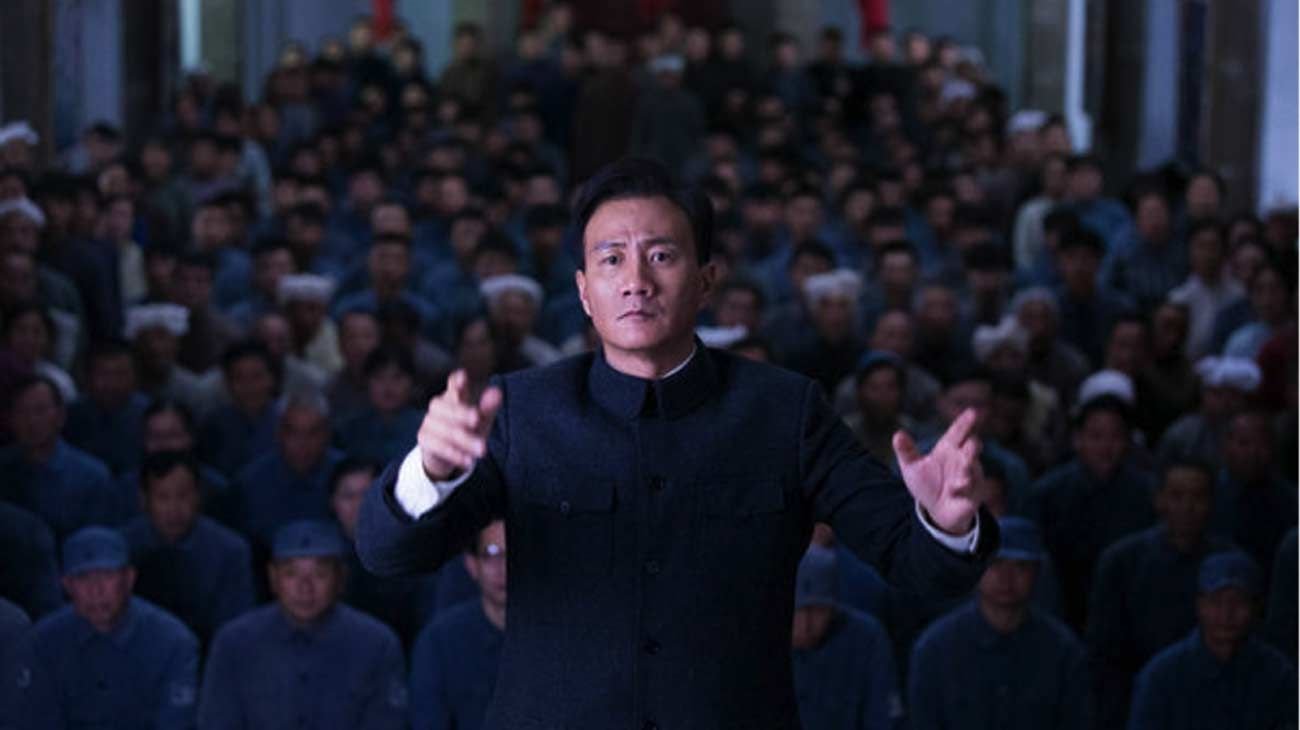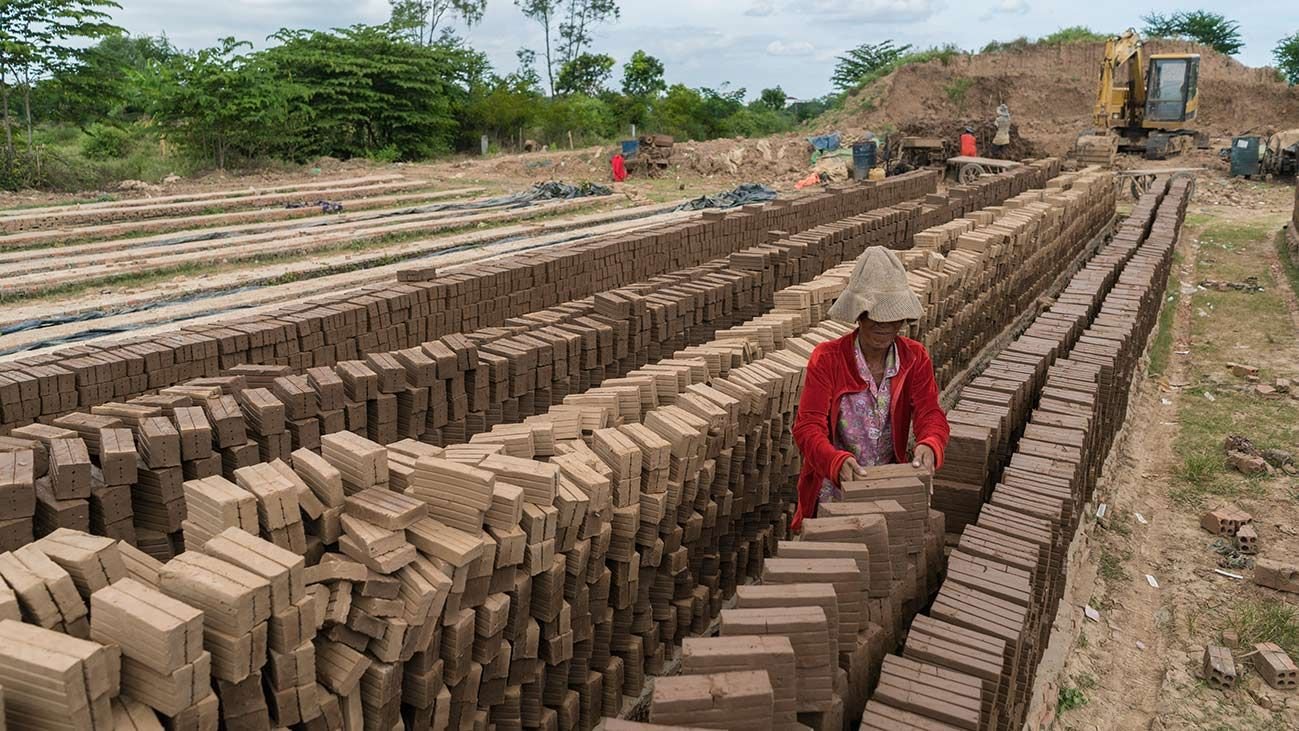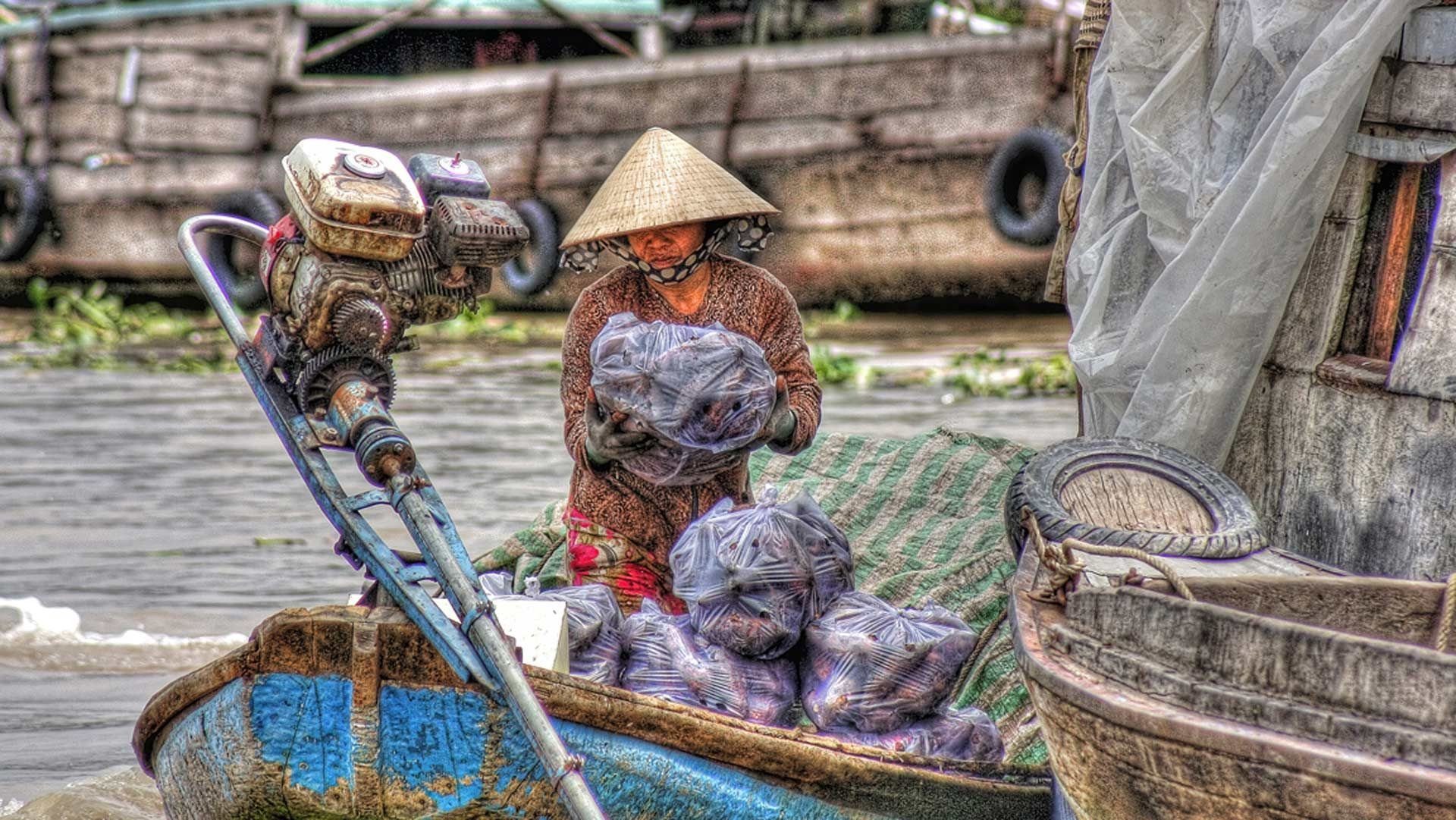South Korea’s Progressive Turn
Two years have passed since disgraced former President Park Geun-hye was dismissed and President Moon Jae-in took office in Seoul. While South Korea’s newspapers remain filled with accounts of acrimonious encounters between opposing blocs of legislators and their supporters, a profound shift has occurred in the political order. For just about the first time in […]












